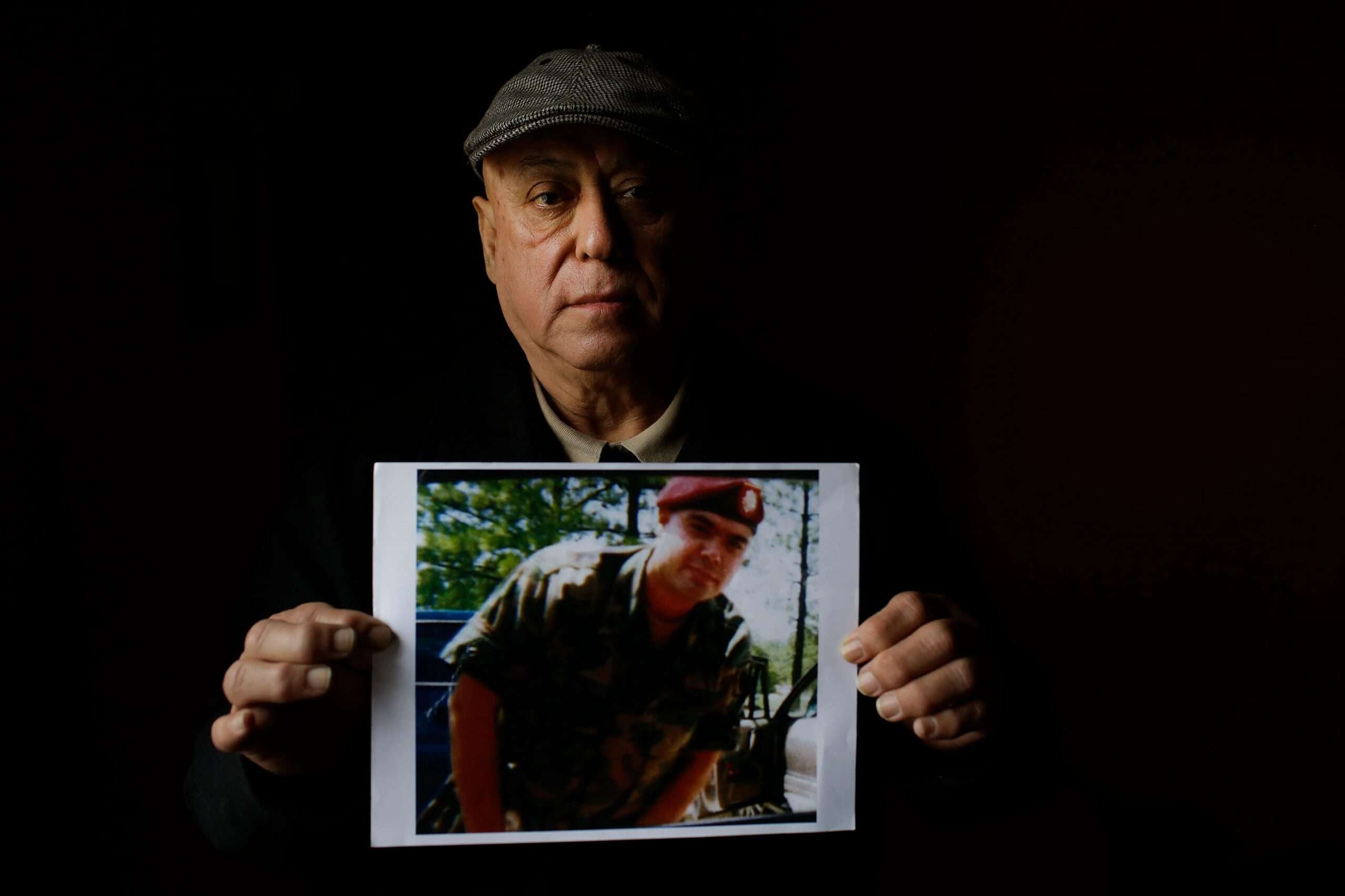How immigration law exacerbates the injustice of the drug war

More than twenty years ago, Natalie Burke, a legal immigrant from Jamaica, was convicted of transporting and selling marijuana in Arizona. Although the business is now legal in her state and Burke was pardoned by the governor of Arizona last year, her life has been thrown into turmoil by the federal government’s intention to deport her because of her drug past. That attempt to exile Burke, which resulted in a year and a half in immigration detention and years of stress, has left her with persistent anxiety that may have contributed to a stroke she suffered during her fight to remain in the country.
Such cases are not uncommon. “In the United States, thousands of people are deported each year for drug offenses that, in many cases, no longer exist under state law,” Human Rights Watch (HRW) and the Drug Policy Alliance (DPA) note. From 2002 to 2020, the U.S. government deported more than half a million immigrants whose most serious crimes were drug offenses, according to a new report by the two organizations. Such deportations peaked during the Obama administration, but still occur 1,000 to 2,000 times a month.
U.S. immigration law requires “good moral character” for citizenship, which, among other things, disqualifies anyone convicted of a “serious crime,” which includes drug trafficking. The requirement can also disqualify green card holders who work in the federally legal cannabis industry. Even a conviction for marijuana possession can lead to deportation of legal immigrants, except for a single misdemeanor involving no more than 30 grams. This last scenario accounted for more than 47,000 of the deportation cases identified by HRW and DPA.
“America’s unique combination of the drug war and deportation machine work hand in hand to target, exclude and punish noncitizens for minor offenses – or, in some states, legal activities,” said Maritza Perez Medina, DPA’s director of federal affairs. “Punitive federal drug laws separate families, destabilize communities and terrorize noncitizens.” The report recommends overhauling immigration law to “match current state drug policy reforms” and “prevent the immense human suffering caused in the name of the drug war.”
Two-fifths of the deportations analyzed in the report were due to cocaine, one-third to marijuana. 41 percent of the cases involved sales, 30 percent involved possession or consumption.
People who commit these crimes are deemed unfit to remain in the United States, and immigration judges often have no discretion to grant them relief. This policy affects many people who have lived in the United States for years, have developed strong ties to the country, are raising families, and are making a living legally.
After moving to the U.S., Burke received a green card, making her a legal permanent resident. She pursued a career as a social worker, eventually earning a doctorate and sending her son to college. But “it was never explained to me that I’m not really here permanently,” she says. Since 2009, Immigration and Customs Enforcement (ICE) has tried to deport her for conduct that has been legalized in 24 states.
One of those states is California, where Oswaldo Barrientos, an immigrant from El Salvador who has been a lawful permanent resident since he was 13, works for a state-licensed business that grows marijuana. Because of that work, he was deemed ineligible for citizenship. Also in California, Maria Sanchez, another lawful permanent resident, was disqualified for an “aggravated crime” that consisted of growing four marijuana plants to treat her arthritis.
In New York, Paul Pierrulus, who has lived in the U.S. since immigrating with his family at age five, was detained for two and a half years after being convicted of selling cocaine to fellow students. ICE has repeatedly tried to deport Pierrulus, who worked for 13 years as a strategic adviser at a financial firm, to Haiti, where his parents were born but where he has never lived.
Miguel Perez Jr., a U.S. military veteran who lived in Chicago for 30 years and was deployed twice to Afghanistan, was deported to Mexico in 2016 for a cocaine conviction. Three years later, Perez was finally able to obtain U.S. citizenship after Illinois Governor JB Pritzker granted him clemency. But as Burke’s case shows, even clemency is no guarantee of immigration relief.
The report tells many such stories of immigrants who were punished twice for behavior that violated no one’s rights: first under drug laws and then, often years later, under immigration law. This combination, says HRW, “Doubly punishing immigrants by imposing civil penalties on them after they have served their sentences for drug offenses,” thereby “exposing them to often prolonged detention and eventual deportation.”.”
Despite local, state and federal reforms aimed at reducing the harm caused by draconian drug laws, this double punishment persists. “Conviction of even the most minor drug offense – such as possession of a small amount of a controlled substance, including marijuana, where it is illegal – has devastating consequences that far exceed the penalty imposed,” the report said.
As a first step to addressing this situation, HRW and DPA are calling on Congress to eliminate immigration penalties based on drug-related behavior that has been legalized by states. They say Congress should also allow immigration judges to prevent deportations on a case-by-case basis after weighing “the harms of deportation and evidence of rehabilitation, family ties and other benefits.” They recommend several other immigration reforms, including time limits for reviewing drug offenses, a narrower definition of “serious crime,” eliminating “the prohibition on inadmissibility and grounds for removal for offenses involving controlled substances,” and a ban on “unnecessary or lengthy” immigration detention. The report also suggests drug policy reforms, including decimalizing possession of small amounts and lifting the federal ban on marijuana.
Even without changes to the law, say HRW and DPA, the Department of Homeland Security could use its discretion to improve the interplay between drug prohibition and immigration law. Among other things, the department should “refrain from taking immigration enforcement actions based on drug-related arrests, charges, or convictions”; “end enforcement actions based on expunged, expunged, and pardoned convictions”; “stop using drug-related complaints or testimony in criminal proceedings as justification for denying immigration benefits”; and “allow individuals deported because of a drug conviction the opportunity to apply for reentry via an immigration waiver.”
Without such reforms, the report warns, immigration enforcement would further reinforce the injustices caused by the war on drugs. “As long as the federal government does not acknowledge discrimination in enforcing drug and immigration laws,” it says, “the war on drugs will remain a leading cause of the criminalization of immigrants, separating them from their families and the country they often consider home.”



